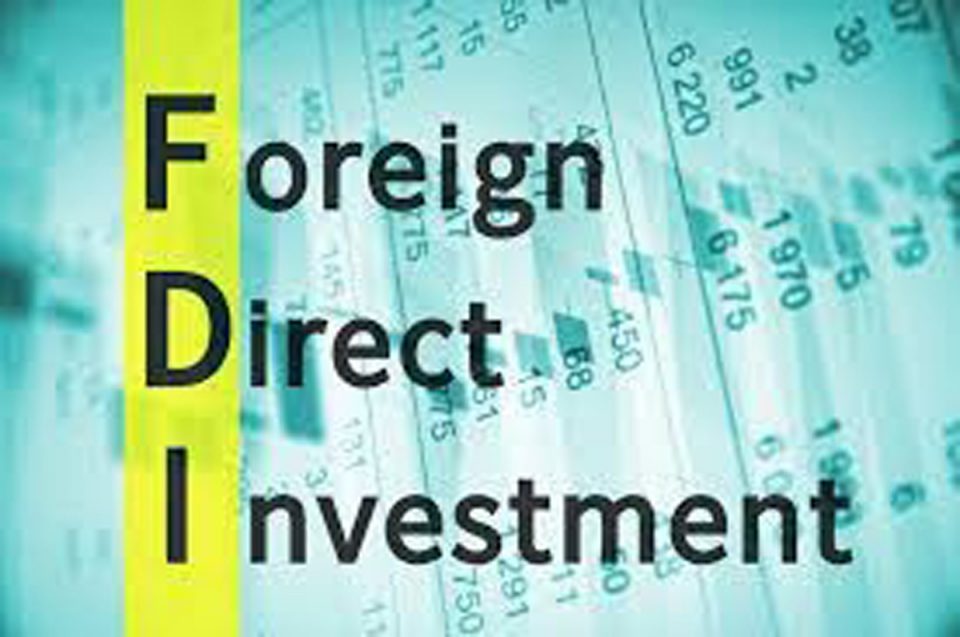South Africa’s foreign direct investment (FDI) inflows dropped in the second quarter of 2022, while household debt levels rose and consumption expenditure slowed, central bank data showed on Tuesday.
In its Quarterly Bulletin, the South African Reserve Bank (SARB) said household debt as a percentage of nominal disposable income edged higher to 64.6 per cent from 64.3 per cent in the first quarter.
South African consumers were under pressure in the April-June period, with rising inflation driven by increased food and fuel costs and higher interest rates hurting disposable incomes. Gross domestic product contracted 0.7 per cent quarter on quarter in the second three months of the year.
Real consumption expenditure growth slowed to 0.6 per cent in the second quarter from 1.2 per cent in the first quarter, with spending on durable goods and essential items falling although spending on services rose.
FDI inflows fell to 26.2 billion rand ($1.46 billion) in the second quarter, down from 39.9 billion rand in the first quarter, reflecting foreign companies giving loans to and increasing equity investments in domestic subsidiaries, the SARB said.
There were portfolio investment inflows of 39.8 billion rand in the second quarter after inflows of 60.7 billion rand in the previous quarter. The central bank said those inflows came as overseas investors bought more debt securities than they sold domestic equities




